New and familiar faces at SIT programs in 2024
February 28th, 2024 | Faculty, SIT Study Abroad
SIT welcomes a number of new academic directors, plus several familiar faces, who are taking on lead roles in some of our global undergraduate programs this semester and summer.
Dr. Samuel Alexander
Australia: Sustainability and Environmental Action
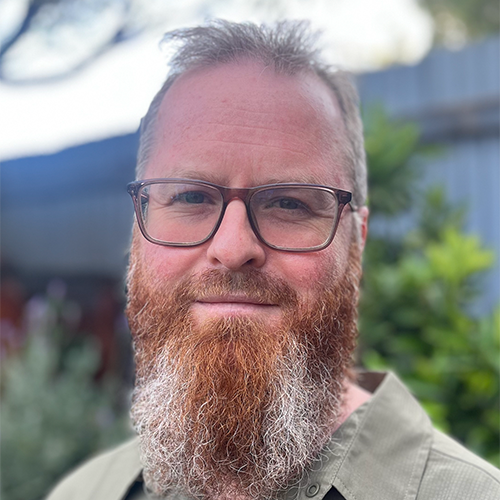
A passionate educator, scholar, and activist with a PhD in environmental law and politics, Dr. Samuel Alexander's interests and expertise include sustainable consumption, social movements, renewable energy transitions, ecological economics, and environmental politics. Prior to joining SIT, he lectured at the University of Melbourne, Australia, and was a research fellow at the Melbourne Sustainable Society Institute. As academic director on this heavily field-based program, he guides students' learning about climate, geology, flora and fauna, as well as human history and culture to instill a sense of place and understand the unique management issues of each location. This program also includes an excursion to Tasmania and a camping trip among Aboriginal elders.
Find out more.
Yudhistira Kazuhiro (Kazu) Budiono
Indonesia: Arts, Religion, and Social Change
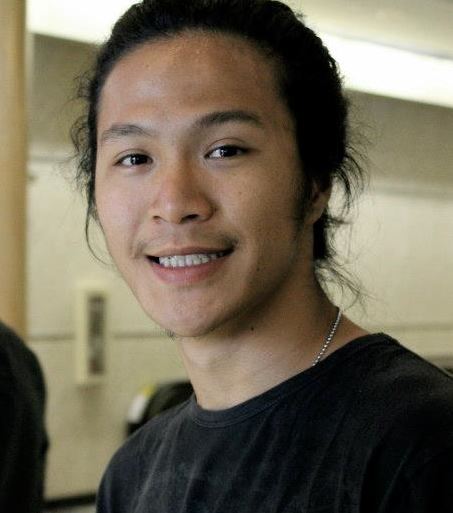
Born in a rustic Java village and raised in Bali, Yudhistira Kazuhiro Budiono, or Kazu, went on to earn degrees in philosophy from the University of Amsterdam and University of California, Berkeley before returning home to promote education, sustainable farming, and conservation. He is an active member of a permaculture organization in the Badung region advocating for permaculture practices and sustainable living. As interim academic director of Indonesia: Arts, Religion, and Social Change, he helps students understand the dynamics of a highly pluralistic society in one of the most visually stunning, culturally rich, and biodiverse places on the planet.
Find out more.
Dr. Daniel Lumonya
Kenya: Global Health and Human Rights
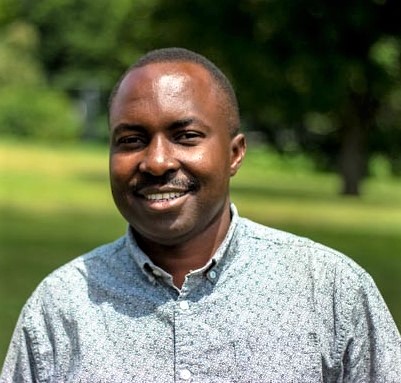
Dr. Daniel Lumonya has served SIT in a wide range of positions over the past two decades, from academic director to regional dean. A Ugandan citizen, he has also taught at Makarere University in Kampala. His research interests include small-scale farming systems and agrarian transitions, rural livelihoods analysis, and state-civil society relations. This semester, he leads Kenya: Global Health and Human Rights, where SIT students have unparalleled access to medical professionals, scholars, and scientists working to address western Kenya's health challenges.
Find out more.
Dr. Zed McGladdery
IHP Health and Community: Globalization, Culture, and Care
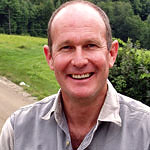
Initially trained in law, Dr. Zed McGladdery’s interests have led him into academic disciplines from anthropology to epidemiology. A lifelong resident of Africa, he has seen changes from colonialism to democracy. Among his varied professional experiences, he has taught “street law” to unhoused orphans and served as deputy principal of a socioeconomically disadvantaged school. He works on community participation in conservation of fauna and flora and audits mining and prospecting applications to expose malfeasance in coal mining development. As program director on IHP Health and Community, he stewards students' learning about health inequities across four continents, comparing health systems and strategies, community well-being, and other factors affecting human health from the local tp the global level.
Find out more.
Dr. Chimene Nukunah
Cameroon: Development and Social Change
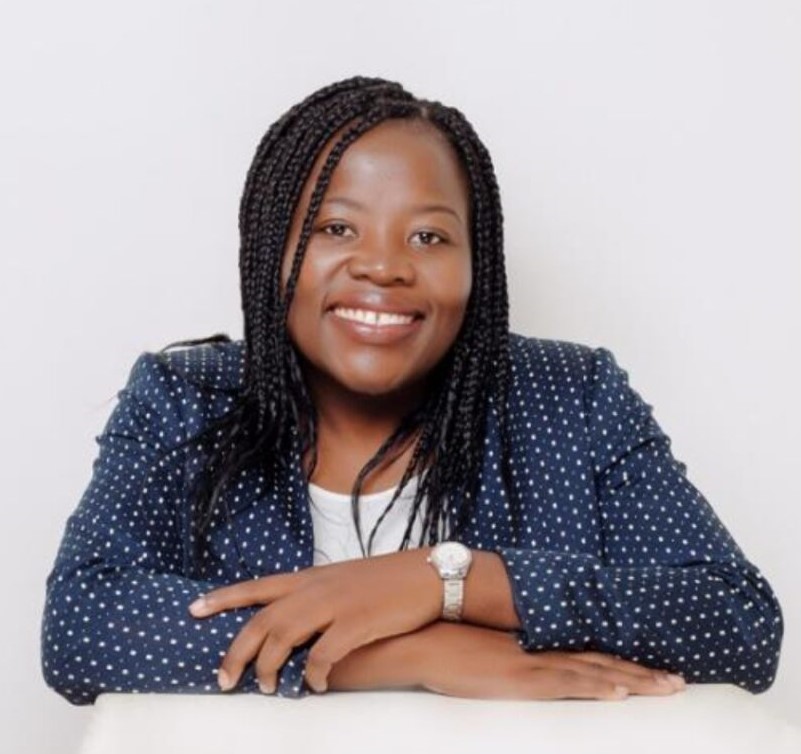
For her PhD at the University of South Africa, in response to calls from the #FeesMustFall to decrease education costs and to the anti-apartheid, anti-colonial #RhodesMustFall movement targeting statues at the University of Cape Town in South Africa, Dr. Chimene Nukunah developed a framework to decolonize education. Her background includes research, teaching, student support, staff management, and leadership development, among other areas. As academic director of Cameroon: Development and Social Change, she guides U.S. and Cameroonian students through an analysis of the complex relationships between development, modernization, and social change.
Find out more.
Bhawana Oli
NEPAL: Development, Gender, and Social Change in the Himalaya
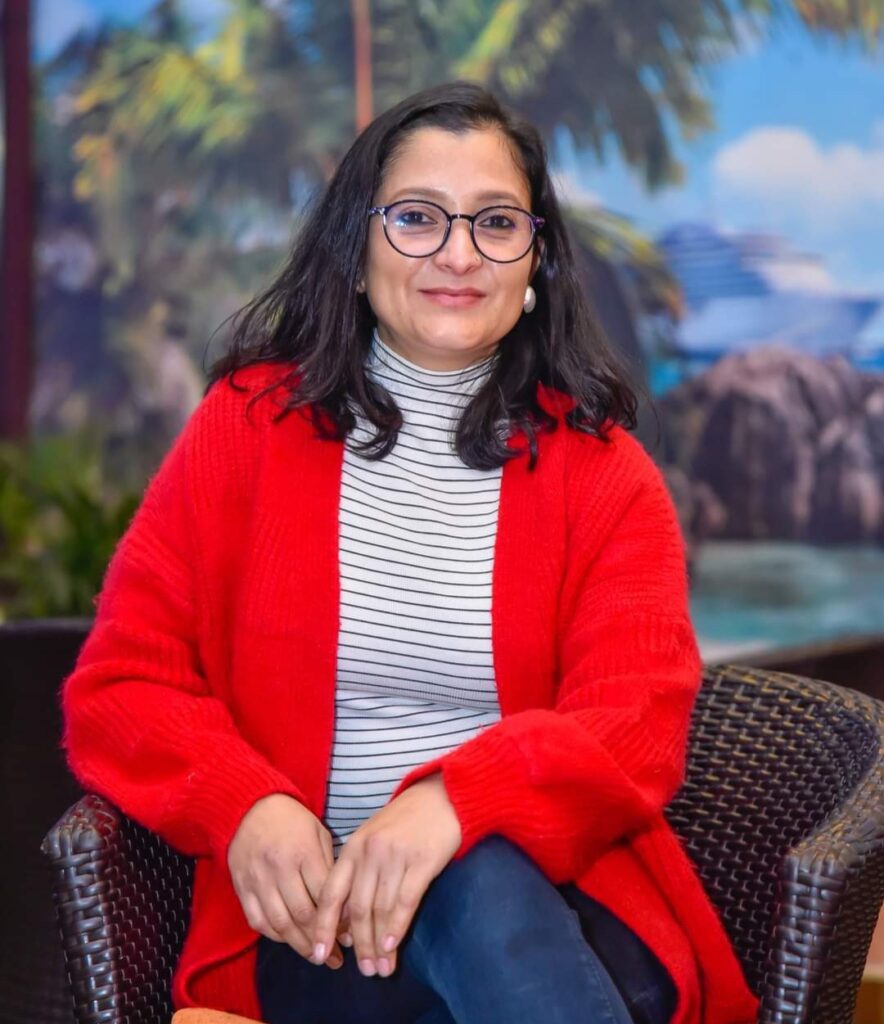
Bhawana Oli has worked as a consultant with CARE Nepal and the Asia Foundation on projects focused on women rights, political representation, and gender-based violence. With interests in gender and environmental issues, she has conducted research with a well-known organization in Nepal and taught social sciences and English at a local college. As interim academic director of Nepal: Development, Gender, and Social Change in the Himalaya, she facilitates students' exploration of changing gender and social justice rights and how international development and global markets are redefining Nepal, which has seen dramatic changes in development, equality and inclusion, and human and civil rights over the past several decades.
Find out more.
Dr. Christine Palmer
Iceland: Climate Change and the Arctic
A biologist with a passion for understanding how organisms survive in challenging and changing environments, Dr. Christine Palmer has worked in the neotropics and as a field researcher in the high desert working examining the impact of climate change on alpine plants. She moved to Iceland as a Fulbright/NSF Arctic Research Scholar with the Iceland Forest Service to study mycorrhizal fungal communities in subarctic regions . She says of her most transformative experiences was studying studied abroad on an environmental conservation field program in college. On Dr. Palmer's program, students witness the astonishing beauty of glaciers, volcanoes, fjords, geothermal fields, highlands, lava flows, rugged coastline, and waterfalls as they study the causes of climate change and its impacts on the critical environment of the Arctic. Fieldwork introduces scientific methods, data collection and ethical issues related to climate research in Iceland.
Find out more.
